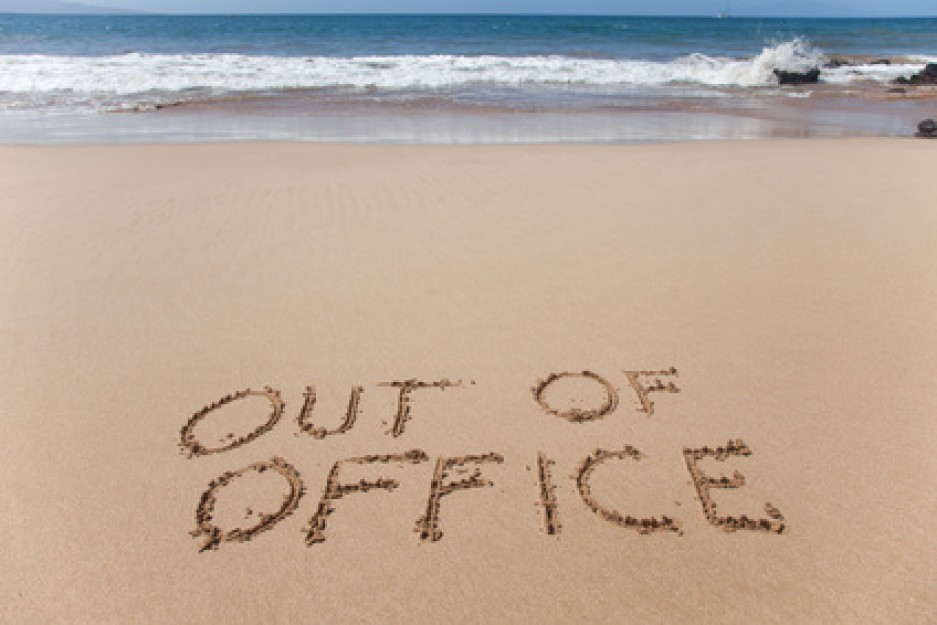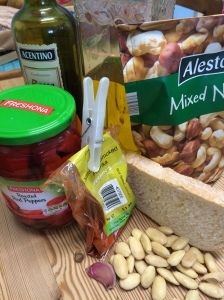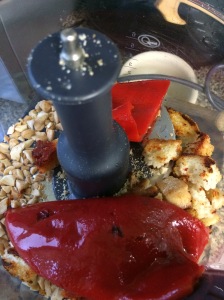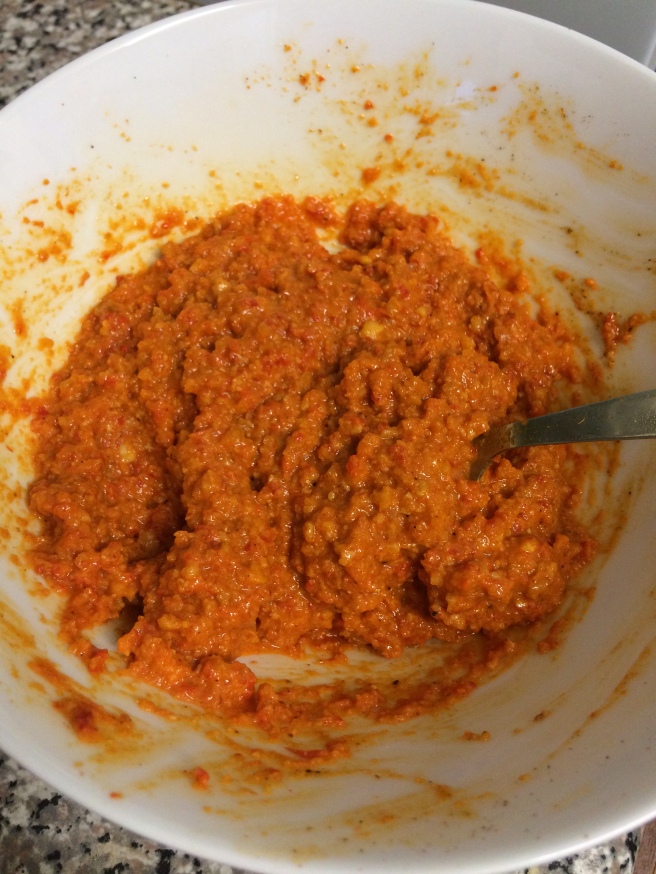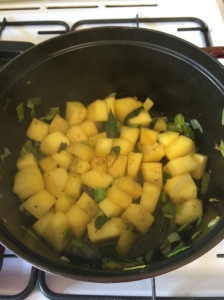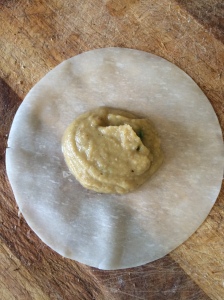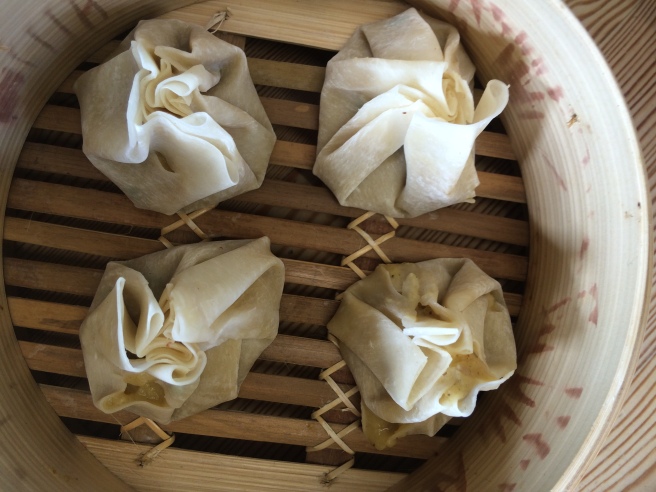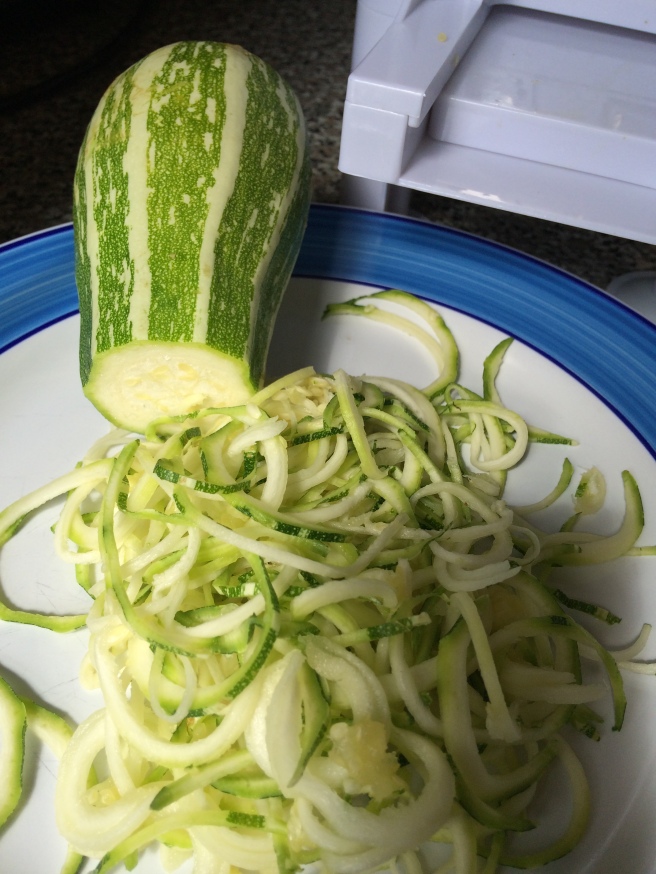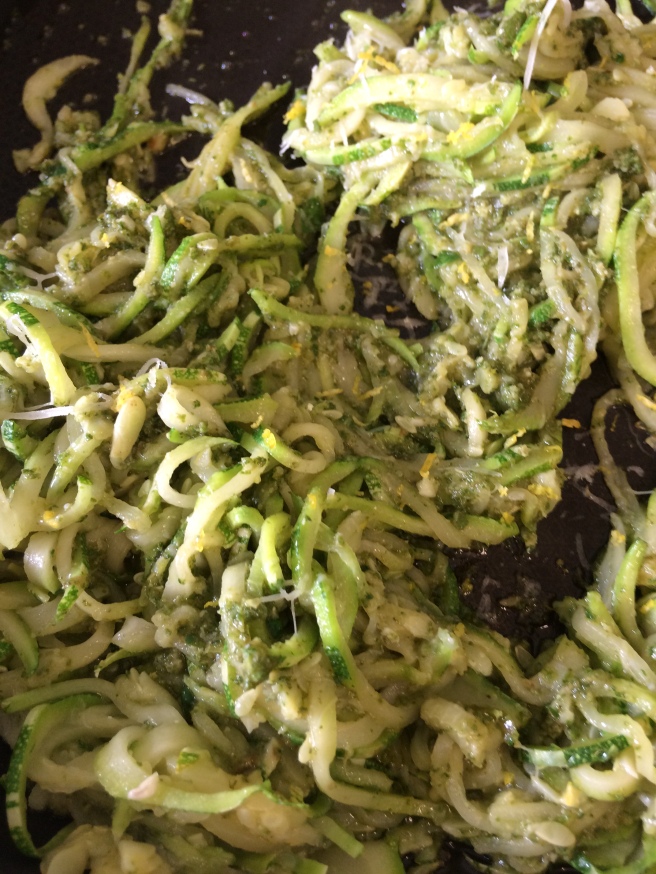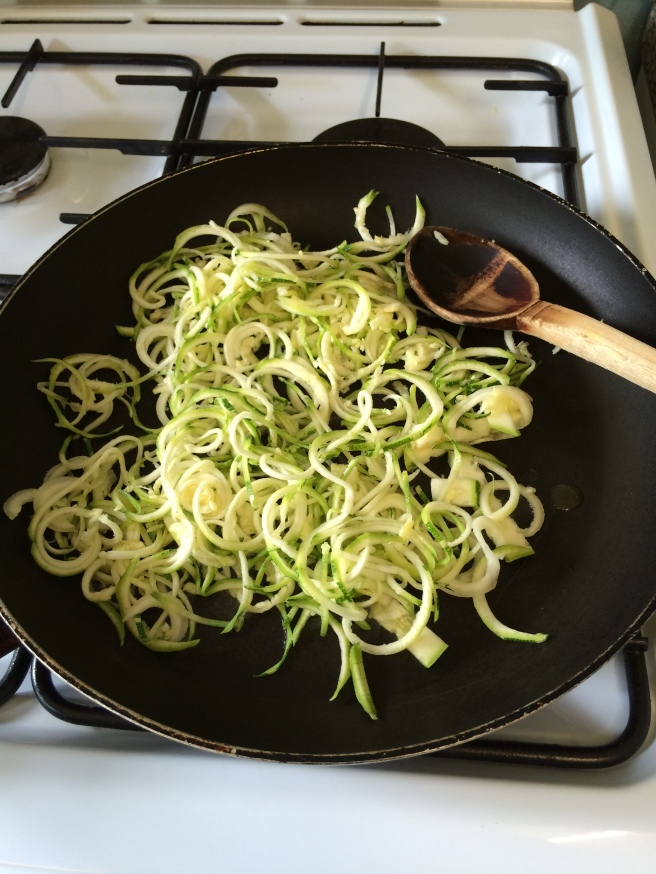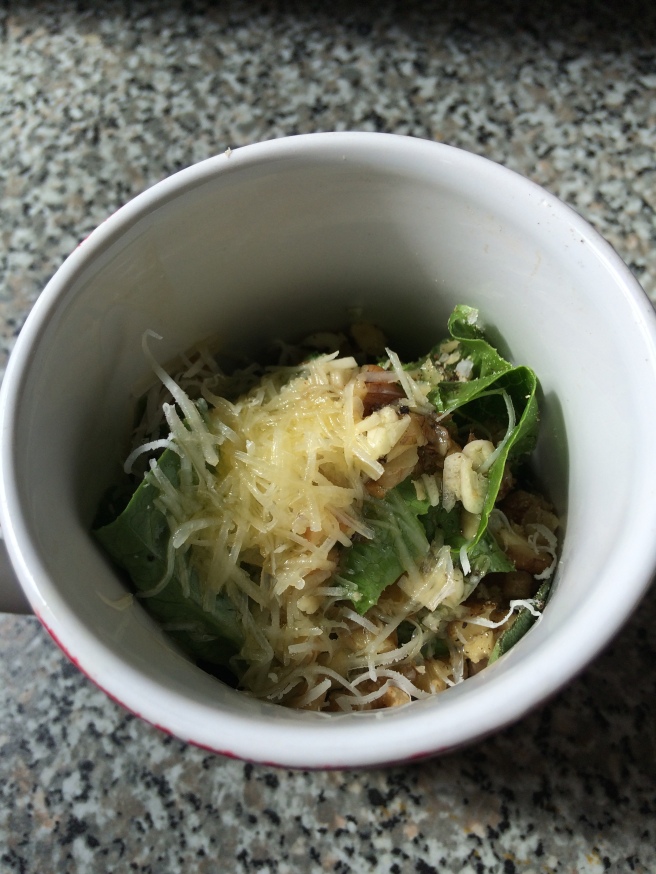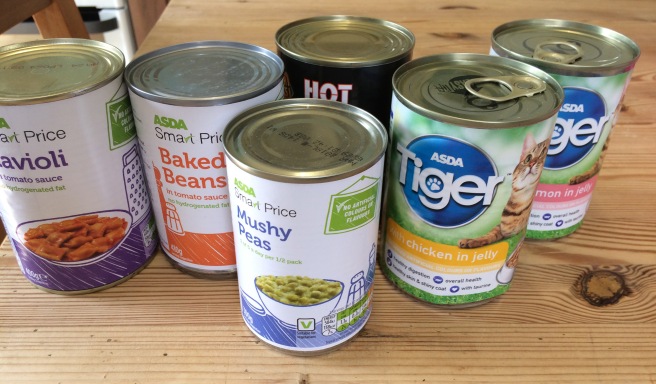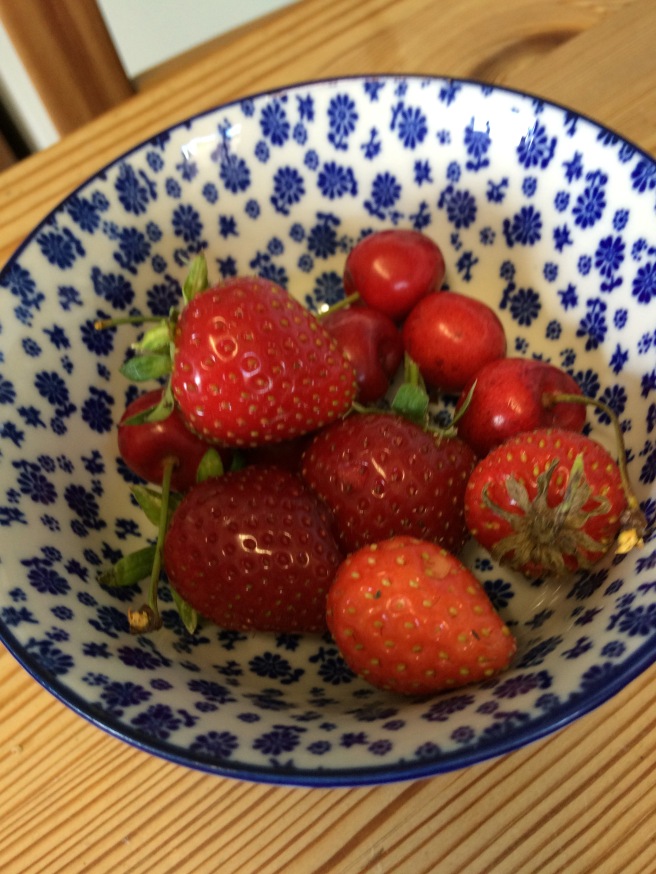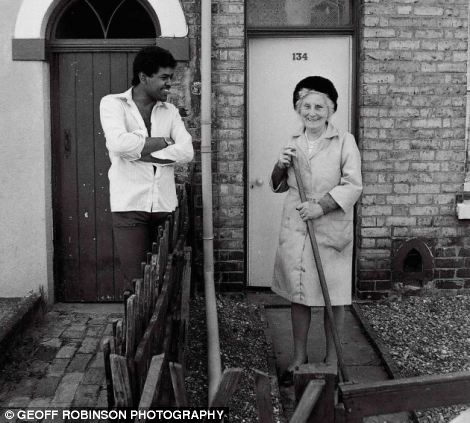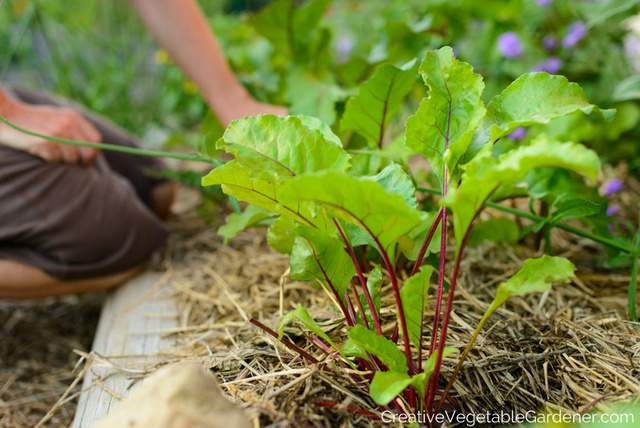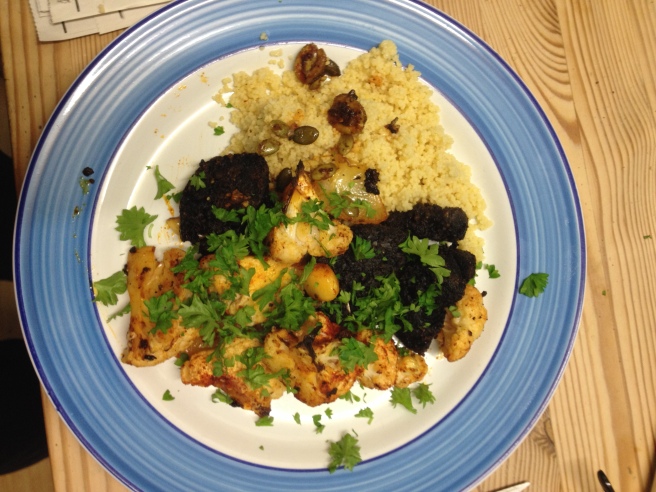Life outside the office continues to be rich and varied. But with one son still at university, my modest (OK, piffling) income needed a boost.
So since March, we have been hosting French students.
Did you know that you are allowed to earn £7,500 from hosting students without paying tax?
If you own your own home and have rooms to spare, it is a great way of getting regular income, on your terms, for a few months of the year.
We do it through a company called Culture Exchange and a warm and fantastically well organised woman who runs the local groups. I thought we might have a couple of students, one in each of my sons’ rooms. She took one look at the larger room and said, ‘Have three. Put them all in here – they’ll love it.’ And she was right – for the students, being three to a room turns a school trip into a sleepover.
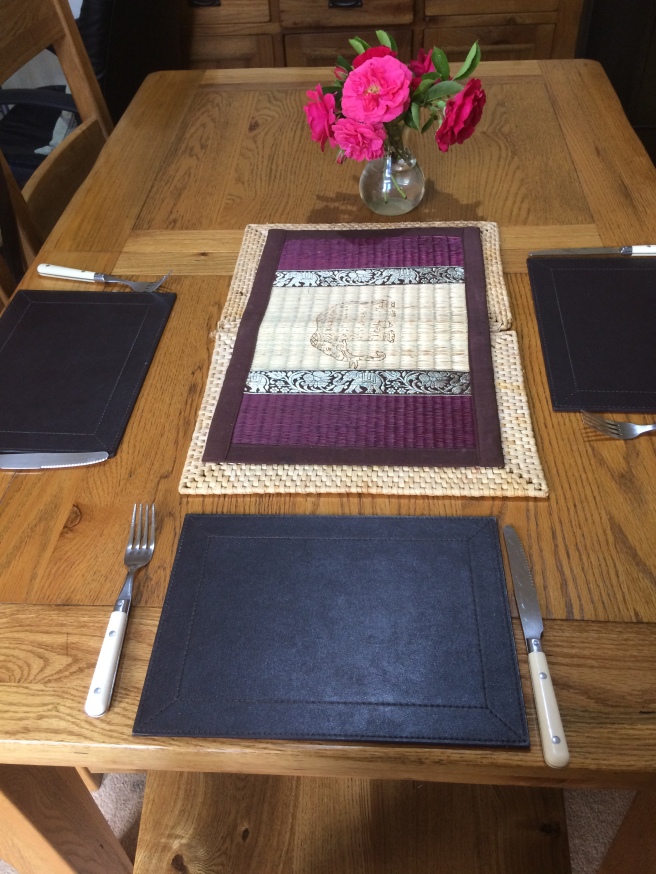
It is a bit like running a part-time B & B
Students stay three or four nights during the week. You drop them off around 8 a.m. and pick them up between 6.30 and 10.15, so your days and weekends are free.
You feed them breakfast and an evening meal and give them a pack lunch. My thrifty enthusiasm for eating well for next to nothing has been useful, along with really helpful guidelines from the organiser.
It freaks you out to start with that they are French
They’ll expect haute cuisine, right? Wrong – they’re teenagers – or children. They want pizza and pasta and dodge veg and salad like our own youth.
I scour Lidl, Iceland and Asda to get the best deals. I do a breaded chicken and homemade oven chips night, a spag bol night and a pizza and pasta night. If there is a fourth night, I have homemade burgers ready in the freezer. I love the way the sons of France, home of the world’s most renowned cuisine, complement the food as though it’s Michelin starred.
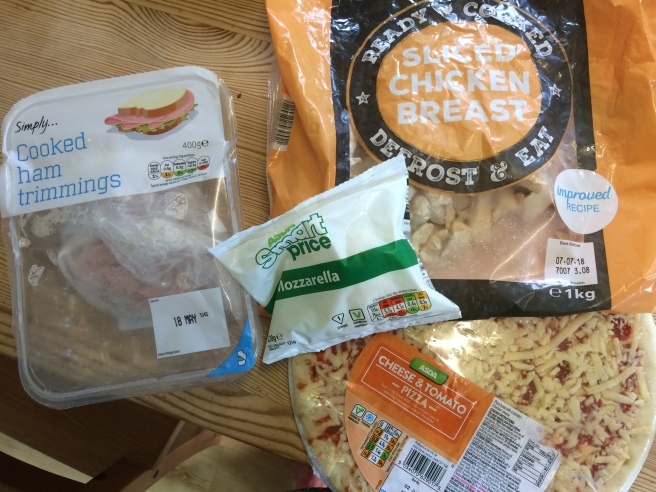
Money saving tips for hosts
Lidl Cooked ham trimmings – really good ham, but cheap. Keep in the freezer and defrost for sandwiches. Way better than the watery wafer-thin stuff.
Iceland Sliced chicken breast – great for sandwiches. Proper chicken rather than reformed gunge, but it comes in freezer bags and is cheap as well as handy.
Buy the cheapest pizzas (frozen are fine) and add a bit of the ham mentioned above and Asda Smart Price Mozzarella – 47p a ball. I could leave this out but want to feel I could look the French Mamans in the eye.
Explaining garlic bread
We were astonished to discover that none of them have come across garlic bread before. ‘It’s bread, but with garlic,’ we say every time. ‘Garlic bread!’ They are sometimes suspicious but they always adore it. C’est l’avenir! they must be thinking.
We haven’t had a single student we haven’t liked
They have all been polite and keen to please – really, respect to French parents and teachers.
They have ranged in age from 12 to 16 and you never know what to expect until you pick them up. Some are sweet little boys who tell you what they want to be when they grow up, and want to discuss, in English, whether you have brothers or sisters. They come down in their pyjamas to say goodnight, and bring out all your maternal instincts. They do not tend to trouble the shower.
With young groups, there is always a delicate one
He arrives saying he has been travel sick, and then picks at his food all week. A glance around the bedroom will reveal a suitcase full of chocolate biscuits, which Maman has packed in case he starves in the care of an English woman.
Some are teenagers
They barely grunt at each other over breakfast and leave enormous trainers in the hall. You can’t get them out of the house in the morning because in teen-speak, whatever the maternal tongue, ‘Be ready to leave at 7.40’ means, ‘Be larking around, playing stuff on your phone while cleaning your teeth at 7.40’. The shower gets plenty of use and the food is all gratefully eaten.
Once, we had three delightful teenage girls. Unlike any of the others, they were interested in politics, and we managed a conversation about Macron and Le Pen in English. Also unlike any of the other students, they left a purple thong behind in the shower.
We have loved getting to know them all
Whatever their level of English, there’s always a point of contact. With almost no French, Jon relies on hand gestures and football talk for communication. Dropping Paris St Germain into the conversation is his ice-breaker.
I once watched a girl trying to do up ankle-high Converse when we were waiting to leave. ‘I like your Converse,’ I said. ‘It’s impossible to put them on quickly, isn’t it?’ They laughed knowingly – we were a la meme page.
One young group were near Westminster during the terror attack
They had been at the scene a few hours earlier, but thankfully were watching a musical when it took place. Many of the girls cried when they heard the news as they left the theatre. They all saw the emergency services on the scene from their coach. The tour guides did a brilliant job of helping them to contact their parents, letting hosts know they were OK, and keeping them distracted and upbeat.
Their parents all rang in the evening. I heard one boy saying, ‘It’s OK, Papa, we saw a brilliant show – I had a good day.’
He came down later needing to chat. ‘My mother was crying,’ he said.
‘I expect she just wanted to hear your voice,’ I said.
‘Yes, that’s what she said!’
I felt closer to these boys than any of the others. I always have a huge sense of responsibility for other people’s children, but this really brought it home.
We have had only one disaster
You are supposed to be warned about bedwetting, but one family must have thought their fourteen-year-old would cope with pull-up pants, and that no one needed to know.
The room began to smell terrible. After a day or two, the stench filled the house, and was indescribably awful – you walked through the door and felt the kind of revulsion that is your primitive brain’s way of warning you to steer clear of something toxic.
Jon found two heavily laden pairs of wet pull-up pants hidden in the bed, and more in the bathroom bin. We never said anything, and the boy involved seemed happy that his secret had been removed. When the students left, a huge clean-up ensued, but though bedding, duvets and mattress were washed, re-washed and aired, and all manner of sprays were tried, a trace of the smell lingered in the house for weeks.
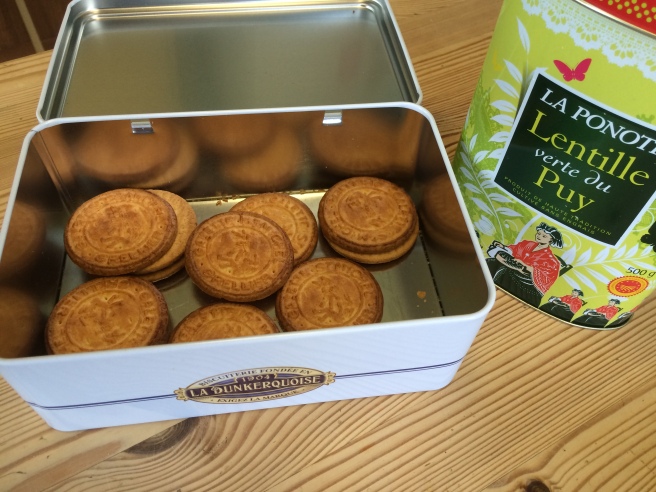
The gift of … well, gifts
This aside, it has been a hugely positive experience. Every week there are three new characters to get to know and every week, more gifts from France. We have had walnuts, mustard, chocolate, sausage, marzipan sweets and even wine. I thought of having a French sale for church funds – only to discover that Jon was opening and consuming everything. His face fell when we had a group from Puy. They came bearing lentils.
